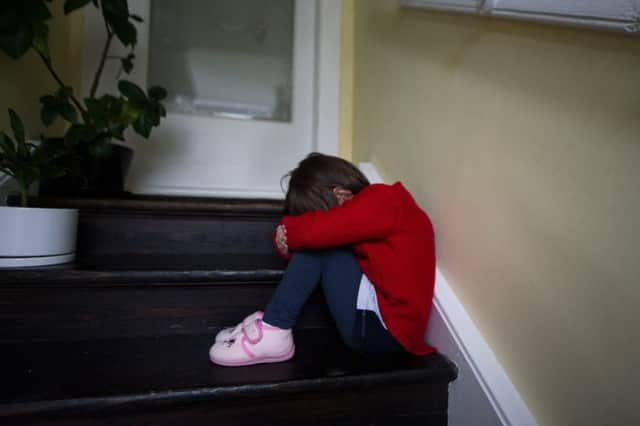David Thomson: Assessment bottleneck in schools fails pupils


In 2016, just over 170,300 pupils in Scotland’s schools were identified as such compared to just over 118,000 students in 2012.
There can be a many reasons why young people need to be assessed for additional support needs: family issues, learning difficulties or they may have become a young carer.
Advertisement
Hide AdAdvertisement
Hide AdNo matter what the reason, they should be assessed quickly and thoroughly and be given the right support network to help them succeed at school. What grabbed my attention was that the number of children and young people who required additional support services for mental health problems, has dramatically increased by 126 per cent.
Earlier this month, it emerged that more than 100 children who began receiving specialist mental health care in the last three months of 2016 had waited more than a year for help.
However, in the case of those children who required additional support at school, an educational psychologist would have assessed their need and enabled them to get the right support.
While there has been a leap in additional support staff in schools across the country – from 269 in 2010 to 480 in the last year – there has been a massive drop in the number of educational psychologists. It looks like this trend is going to continue. In 2011, Strathclyde University offered 24 places to students; in 2015, the number dropped to 12.
With local authorities having to look to England to fill the skills gap, experts have blamed it on the Scottish Government decision in 2012 to remove the bursary paid to trainee educational psychologists. It left prospective students responsible for finding the £18,000 university tuition fees from their own pockets over the two year course, before taking living costs into account.
The Scottish Government is looking into the crisis by setting up a National Scottish Steering Group for Educational Psychologists, which includes representatives from the profession and universities, Cosla and the Association of Directors of Education in Scotland. The hope is that it can ensure a sustainable supply to meet potential future needs.
Among the options said to be under consideration is enabling distance learning for education psychology students.
However, as people become more aware of school support services for children, demand for assessment by an educational psychologist will continue to rise.
Advertisement
Hide AdAdvertisement
Hide AdThere does not seem to be a short-term solution from the Scottish Government to sort out the crisis in educational psychology. Many young people who need support may well feel disregarded by society and fail to reach their full potential.
David Thomson is a freelance journalist. He is based in Gourock.